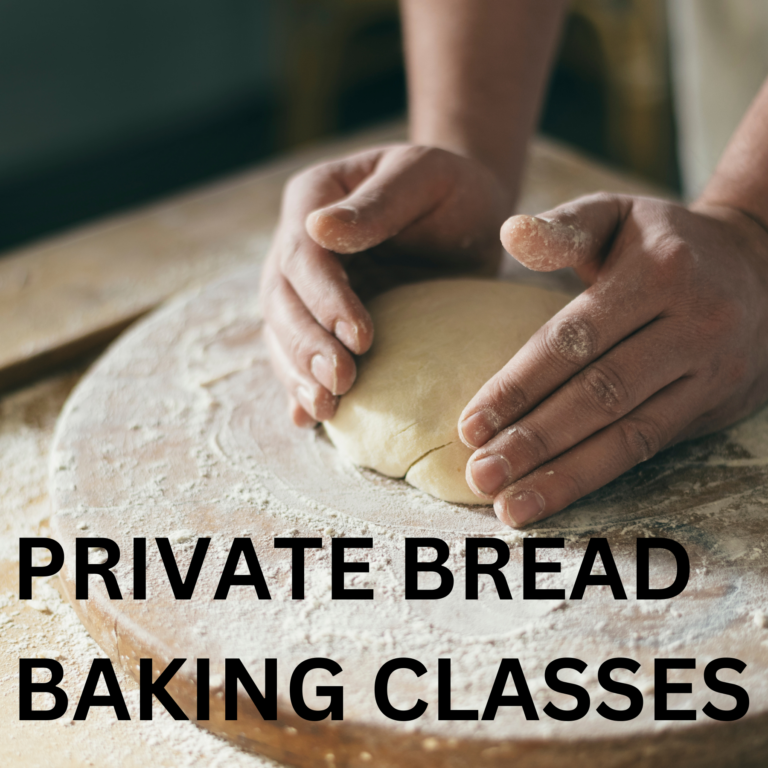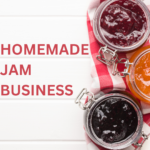Hosting private bread baking classes is an excellent business idea for passionate bakers who want to share their skills while earning an income. With the growing interest in homemade and artisanal bread, many people are eager to learn the art of bread baking. Whether for personal enjoyment, health reasons, or a love for traditional baking techniques, the demand for hands-on baking experiences is rising.
Private bread baking classes provide an opportunity to teach individuals or small groups in a relaxed, interactive environment. This business model is flexible and can be adapted to different skill levels, dietary preferences, and unique baking styles. It also allows you to offer specialized workshops and create a loyal customer base.
Why Private Bread Baking Classes Are a Great Business Idea
Baking fresh bread at home has become increasingly popular, driven by health-conscious consumers, the slow food movement, and a renewed appreciation for traditional baking methods. People are interested in learning to bake their own bread to avoid preservatives, customize ingredients, and achieve better flavors.
This business has multiple benefits. It requires low startup costs, offers great flexibility, and can be highly profitable. You can conduct classes in your own kitchen, rent a small workshop space, or even offer in-home classes for clients. Bread baking is also a social experience, making it a great activity for couples, families, and friends looking for a fun and educational outing.
What You Need to Get Started
Essential Equipment and Supplies
To host successful bread baking classes, you need high-quality baking tools and equipment. Depending on the class size, you may need multiple sets of some items.
- Large mixing bowls for dough preparation
- Measuring cups and scales for precision
- Professional-grade baking trays and loaf pans
- Dough scrapers, whisks, and spatulas
- Rolling pins for shaping different types of bread
- High-quality flour, yeast, and other essential ingredients
- Stand mixers for advanced classes
- Ovens that can accommodate multiple loaves at once
- Proofing baskets for artisan bread shaping
- Bread scoring tools for decorative designs
Legal and Safety Considerations
Since this business involves food preparation, certain legal requirements and safety guidelines must be followed.
- Check local business licensing requirements for running a food-related business.
- Complete a food safety certification course to ensure best practices in hygiene and handling.
- If hosting classes in your home, ensure that your kitchen meets health department regulations.
- Liability insurance may be needed to protect against potential accidents or injuries.
- Clear refund and cancellation policies should be established to avoid misunderstandings.
Choosing the Right Business Model
Types of Bread Baking Classes
The type of bread baking classes you offer will determine your target audience and pricing structure.
- Beginner classes for those with little or no baking experience
- Advanced workshops focused on sourdough or specialty breads
- Gluten-free or dietary-specific bread classes for people with allergies or food restrictions
- Family-friendly sessions designed for parents and children to bake together
- Private one-on-one classes for personalized learning
- Team-building events for corporate groups
- Holiday and seasonal bread baking workshops, such as Christmas stollen or Easter bread
Location Options for Classes
Private bread baking classes can be hosted in different settings, depending on your resources and business goals.
- Your own kitchen: A cost-effective option for small group sessions
- Clients’ homes: Convenient for customers who prefer to learn in their own space
- Rented kitchen or workshop space: Suitable for larger groups and professional setups
- Online classes: A digital alternative for teaching bread baking remotely
Pricing and Profitability
Pricing for bread baking classes depends on factors like class length, materials provided, and group size.
Factors to Consider in Pricing
- Ingredient costs, including high-quality flour, yeast, and add-ins like seeds or herbs
- Equipment and maintenance expenses
- Rental costs if using an external venue
- Your time and expertise
- Competitor pricing in your area
A standard pricing structure could include:
- Small group classes (2-4 people): $50 – $100 per person per session
- Private one-on-one lessons: $80 – $200 per session
- Corporate or team-building workshops: $300 – $1,000 per event
- Online classes: $30 – $70 per participant
With proper marketing and consistent bookings, private bread baking classes can generate a steady income while allowing for creative and professional growth.
Marketing Your Bread Baking Classes
Building an Engaging Brand
Your brand should reflect your passion for baking and the unique experience you provide. A strong brand includes a well-designed logo, consistent visual aesthetics, and a memorable business name.
A professional website with an easy booking system is essential. This should include:
- Clear descriptions of class types and schedules
- High-quality images of bread and class sessions
- Testimonials and reviews from satisfied students
- A blog with tips and recipes to attract organic traffic
- Contact details and a simple sign-up form
Social Media and Content Marketing
Social media platforms are powerful tools for promoting your baking classes and engaging with potential customers.
- Post behind-the-scenes videos of bread baking techniques on Instagram and TikTok.
- Share time-lapse videos of the dough rising and baking processes.
- Create interactive polls and Q&A sessions to engage with your audience.
- Use Pinterest to post beautiful bread images and link to your website.
- Collaborate with local food bloggers or influencers to reach a broader audience.
Local Advertising and Word-of-Mouth Marketing
In addition to online marketing, traditional marketing strategies can help establish your business locally.
- Partner with coffee shops and specialty stores to promote your classes.
- Offer gift vouchers for bread baking experiences, which make great presents.
- Attend farmers’ markets and food festivals to showcase your baking expertise.
- Encourage satisfied students to refer friends and family for discounts.
Expanding Your Bread Baking Business
Once your business is established, there are multiple ways to scale and expand.
- Offer subscription-based memberships where customers receive new recipes and virtual tutorials each month.
- Sell homemade bread at markets or through local retailers alongside your classes.
- Develop an online course platform where students can access tutorials and recipes anytime.
- Publish a bread baking recipe book featuring your favorite techniques and tips.
- Collaborate with professional chefs or nutritionists to offer specialized workshops.
- Launch a YouTube channel showcasing step-by-step bread baking guides.
The demand for high-quality, hands-on learning experiences is growing, and private bread baking classes offer a fulfilling way to turn your passion into a profitable business.
Conlusion
Private bread baking classes are a rewarding and lucrative business opportunity. With a strong brand, strategic marketing, and high-quality teaching, you can build a successful venture that attracts a steady stream of customers.
Key Takeaways
- Bread baking classes appeal to home bakers, food enthusiasts, and professionals alike.
- A variety of class formats, from beginner to advanced, can help diversify income streams.
- Social media marketing and local partnerships are essential for attracting students.
- Pricing should reflect ingredient costs, time investment, and the value of a hands-on learning experience.
- Expansion opportunities include selling baked goods, creating online courses, and publishing baking resources.
By focusing on high-quality instruction, a welcoming atmosphere, and a passion for baking, you can create a thriving business while sharing your love for homemade bread with others.



